Is Your Lifestyle Causing Your Back Pain?
Back pain is serious, especially if it's caused by a herniated disc, osteoarthritis, or compressed nerves. It can keep you from work, family events, sports, and other activities you love. And if it’s chronic, you can develop related conditions, like obesity, which triggers a whole different set of ailments.
But what if you could prevent that chain of events from occurring simply by making some simple lifestyle changes?
At WiseCare Urgent Care, we see many patients with back pain caused by ordinary decisions they make every day. Dr. Perry Weisman and our team of medical experts encourage our patients to be aware of the movements, positions, and lifestyle choices that cause back pain so they can prevent them. Here’s how you can make some changes and save your back.
Don’t be a couch potato
Leading a sedentary lifestyle is one of the worst things for your back. Keeping your core muscles healthy, and all your muscles flexible allows your back to do its job structurally.
Weak abs and tight muscles force your back to carry the load, so it’s easy to strain a muscle or have a spasm. Pilates and yoga are great for your core.
Walking, swimming and cycling are perfect if you’re looking for a low-impact exercise. And if your back is already in pain, exercise increases circulation and releases pain-relieving endorphins.
Lose weight
Carrying too many pounds, especially in your belly, can throw off your body alignment. When your center of gravity moves forward, your back muscles are called into play to keep you upright.
If you’re overweight or obese, there are many reasons to lose the extra fat. Your entire health profile takes a turn for the better with each pound you shed. And your lower back (and knees) will thank you.
Crush out your smoking habit
If you’re a smoker, you probably know the health risks you face, including lung cancer. But you may not know the direct connection between smoking and your back health. Smoking:
Restricts the flow of blood to your spinal discs, causing degeneration
Inhibits the absorption of calcium, slowing bone growth, leading to osteoporosis
Slows healing of fractures
Causes coughing, which leads to back pain
It’s never too late to quit smoking. Stopping now will improve your overall health and your back pain.
Stand up straight
Proper posture is essential for the function of your whole body, including the health of your spine. Bending forward to text and type all day can give you “tech neck,” a new name for the ache you get after hours of playing games, emailing, texting, and surfing on your phone or tablet.
But posture is something you need to consider whether you’re sitting at a desk, standing in line, or walking down the street. Keeping your shoulders aligned with your body (not slumped forward) with chest out, tummy in, and head up is a good start. When standing, keep your feet shoulder-width apart, and your knees slightly bent, and when you sit, keep your hips slightly above your knees.
Lift better
Lifting is an art, and if you get it wrong, you’ll feel it in you back right away. To avoid hurting your back, use these rule anytime you lift something substantial:
Use the power of your legs rather than your back
Bend at the knees, not the waist, to reach the object
Keep the load close your body
Keep your back straight
Don’t twist
If you follow these tips every time you lift, your back should be pain-free.
Deal with your stress
Bottling up your emotions can hurt your back. That’s because when you’re stressed, your muscles tense up, and you experience more significant pain than someone calm and happy.
These aren’t the only habits we see that cause preventable back pain, but they are some of the most common, along with sleeping on an old or unsupportive mattress, not getting enough sleep, eating a poor diet, and being a weekend warrior.
If any of these scenarios describe your life, you and your back can benefit significantly by making a few changes.
If you've already injured your back, give us a call or visit us at either of our convenient locations in either Severna Park or Pasadena, Maryland. Or use our online tool to get in line virtually.

